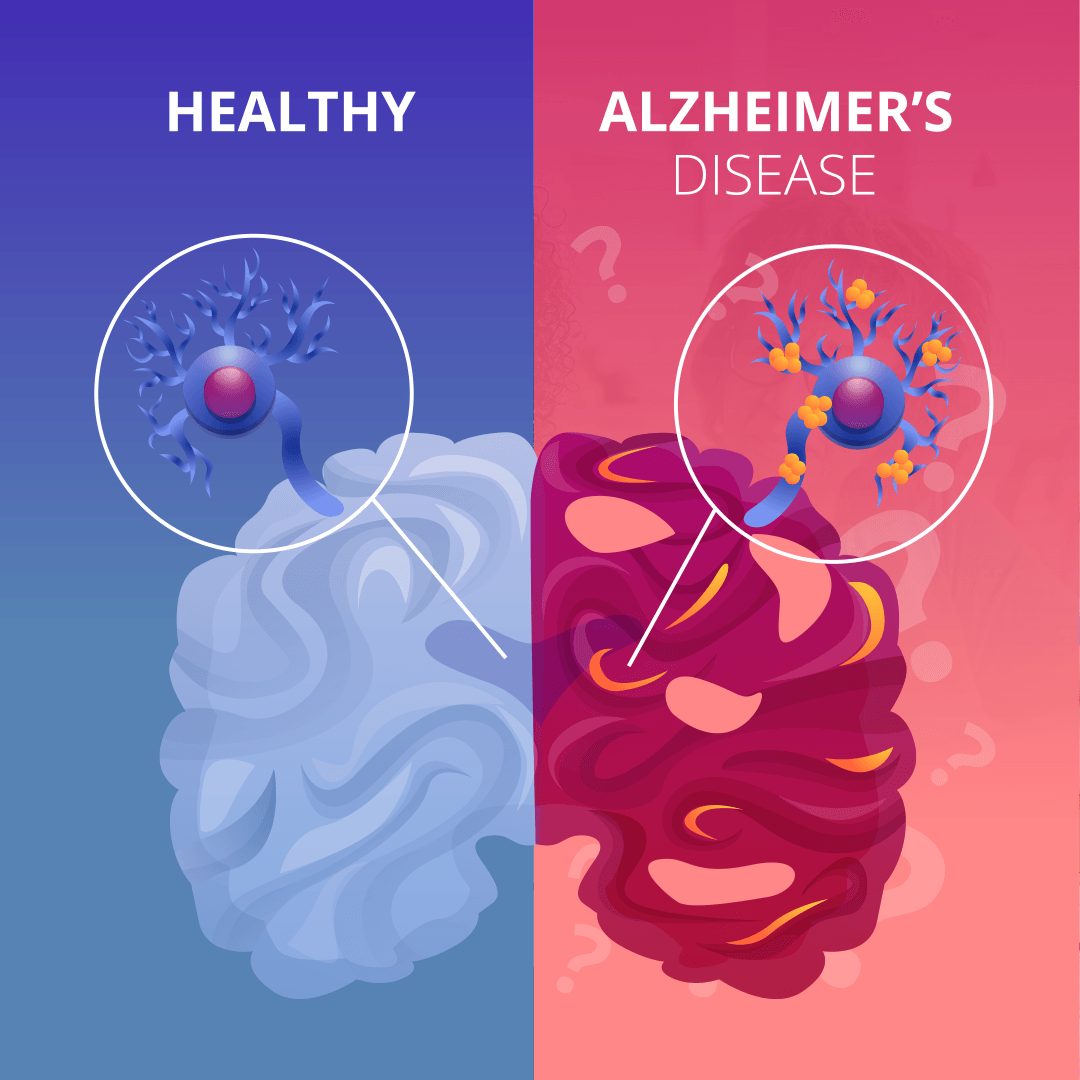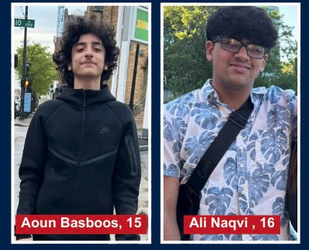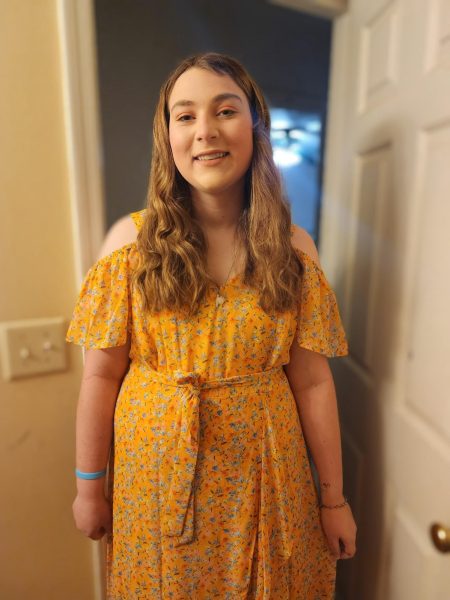What is Alzheimer’s? Alzheimer’s is a brain disease that affects the mind and makes you forget everything, act like a child, make up things, and hallucinate. Alzheimer’s is most commonly found in older people but can affect people who are in their mid-30s to 40s. Younger people who are diagnosed with Alzheimer’s, it is called younger-onset or early-onset.
What are the symptoms and signs? Some of the signs and symptoms of mild Alzheimer’s include:
- Memory loss that disrupts daily life
- Poor judgment leads to bad decisions
- Loss of spontaneity and sense of initiative
- Losing track of dates or knowing the current location
- Taking longer to complete normal daily tasks
- Repeating questions or forgetting recently learned information
- Trouble handling money and paying bills
- Challenges in planning or solving problems
- Wandering and getting lost
- Losing things or misplacing them in odd places
- Difficulty completing tasks such as bathing
- Mood and personality changes
- Increased anxiety and/or aggression
Signs and symptoms of moderate Alzheimer’s include:
- Increased confusion and memory loss, such as forgetting events or personal history
- Withdrawal from social activities
- Inability to learn new things
- Difficulty with language and problems with reading, writing, and working with numbers
- Difficulty organizing thoughts and thinking logically
- Shortened attention span
- Problems coping with new situations
- Changes in sleeping patterns, such as sleeping more during the day and being restless at night
- Difficulty carrying out familiar, multi step tasks, such as getting dressed
- Occasional problems recognizing family and friends
- Hallucinations, delusions, and paranoia
- Impulsive behavior, such as undressing at inappropriate times or places, or using vulgar language
- Inappropriate emotional outbursts
- Restlessness, agitation, anxiety, tearfulness, wandering — especially in the late afternoon or evening
- Repetitive statements or movement, occasional muscle twitches
Signs of severe Alzheimer’s include:
- Inability to communicate
- No awareness of recent experiences or surroundings
- Weight loss with little interest in eating
- Seizures
- General physical decline, including dental, skin, and foot problems
- Difficulty swallowing
- Groaning, moaning, or grunting
- Increased sleeping
- Loss of bowel and bladder control
How many stages are there and what are the stages? There are 7 stages of Alzheimer’s Disease. These stages progress rather fast when someone is up in age, these stages are;
Stage 1: No Dementia seen
Stage 2: Subjective Memory Loss/ Age-Related Memory loss
Stage 3: Mild Cognitive Impairment,
Stage 4: Moderate Cognitive Decline/ Mild Dementia
Stage 5: Moderately Severe Cognitive Decline/ Moderate Dementia
Stage 6: Severe Cognitive Decline/ Moderately Severe Dementia
Stage 7: Very Severe Cognitive Decline/ Severe Dementia/ Eventually goes Brain Dead
What is the recent research found for this disease? On November 28th, 2023, “a research team identified VCAM1 which is a cell surface protein found on the immune cells of the brain, as a therapeutic target for this disease” Stated Research Daily.
Here are a few ways you can help someone with Alzheimer’s disease,
- Educate yourself about Alzheimer’s disease. Learn about its effects and how to respond.
- Stay in touch. A card, a call, or a visit means a lot and shows you care.
- Be patient. Adjusting to an Alzheimer’s diagnosis is an ongoing process and each person reacts differently.
- Offer a shoulder to lean on. The disease can create stress for the entire family. Simply offering your support and friendship is helpful.
- Engage the person with dementia in conversation. It’s important to involve the person in conversation even when his or her ability to participate becomes more limited.
- Offer to help the family with its to-do list. Prepare a meal, run an errand, or provide a ride.
- Engage family members in activities. Invite them to take a walk or participate in other activities.
- Offer family members a reprieve. Spend time with the person living with dementia so family members can go out alone or visit with friends.
- Be flexible. Don’t get frustrated if your offer of support is not accepted immediately. The family may need time to assess its needs.
- Support the Alzheimer’s cause.














